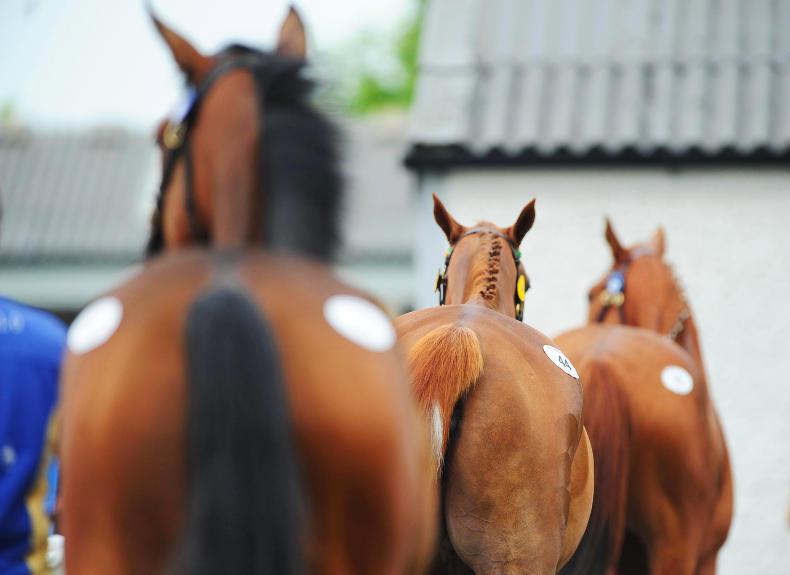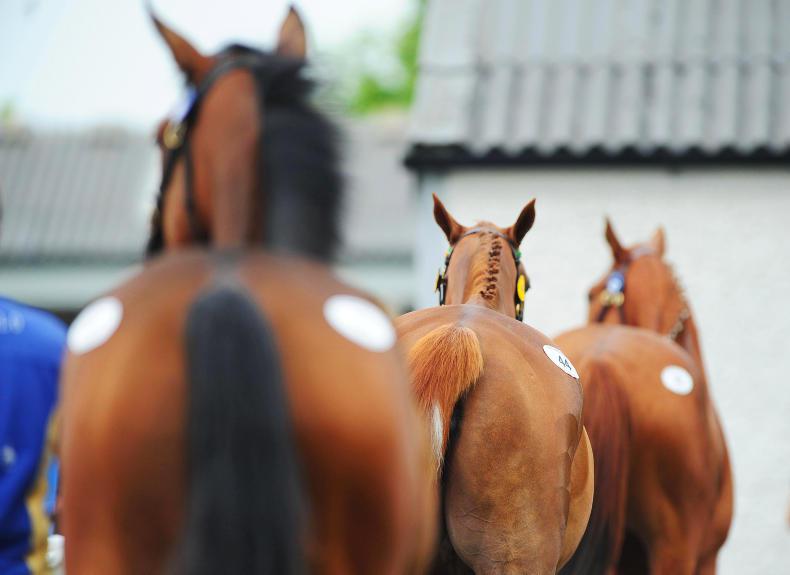MAINTAINING the Tripartite Agreement which allows the free movement of horses between the UK, Ireland and France is seen by the Seanad Special Select Committee as the most important goal for Ireland's thoroughbred industry when Britain leaves the European Union.
March 2019 is the target date for the completion of the Brexit process but that could be delayed with agreement by all EU members.
The Seanad report, entitled Brexit: Implications and Potential Solutions, recognised the serious challenges facing the Irish horse racing and breeding industries.
The Irish racing and breeding industry is heavily dependent on Britain as its main market with the sector considerably exposed in the event of a ‘hard Brexit’. Some 65% of Ireland’s annual foal crop is exported and 80% of these exports are to Britain. The export of thoroughbreds alone is worth approximately €225 million per annum to the Irish economy.
In its list of potential solutions, the report refers to the Tripartite Agreement, stating: "The Agreement predates EU law in the area and an assessment needs to completed by the relevant authorities to ensure that it is fit for purpose after the UK withdraws from the EU.
"In the event that the UK does not join the Customs Union, clear and separate protocols for the movement of live animals, especially thoroughbred horses moving through customs checks need to be agreed. An additional fast-track for vehicles carrying sensitive thoroughbreds through customs checks should be considered.
"The Committee heard that consideration should be given to the creation of a new type of visa between the UK and Ireland for ‘professional sportsperson’ to permit jockeys to move easily through both jurisdictions."
Welcoming the Seanad's report, Horse Racing Ireland CEO Brian Kavanagh said: "The key things for us are keeping the Tripartite Agreement and not having any tarriffs introduced for equine imports and exports. There are other smaller issues which flow from those, that could affect transport across the border and the Irish Sea.
"We are aligned with France on all these issues and senior figures within British racing administration, such as Will Lambe in the BHA, Nick Craven in Weatherbys and Paul Greeves in the TBA, have also been very supportive. British racing needs Irish and French horses."
Jonathan Mullin, HRI's director of communications and corporate affairs, is heading to Brussels next Wednesday to discuss the matter with MEPs.
"We should be able to put forward a combined position which would be well received," Kavanagh said.


 This is a subscriber-only article
This is a subscriber-only article
 It looks like you're browsing in private mode
It looks like you're browsing in private mode










SHARING OPTIONS: